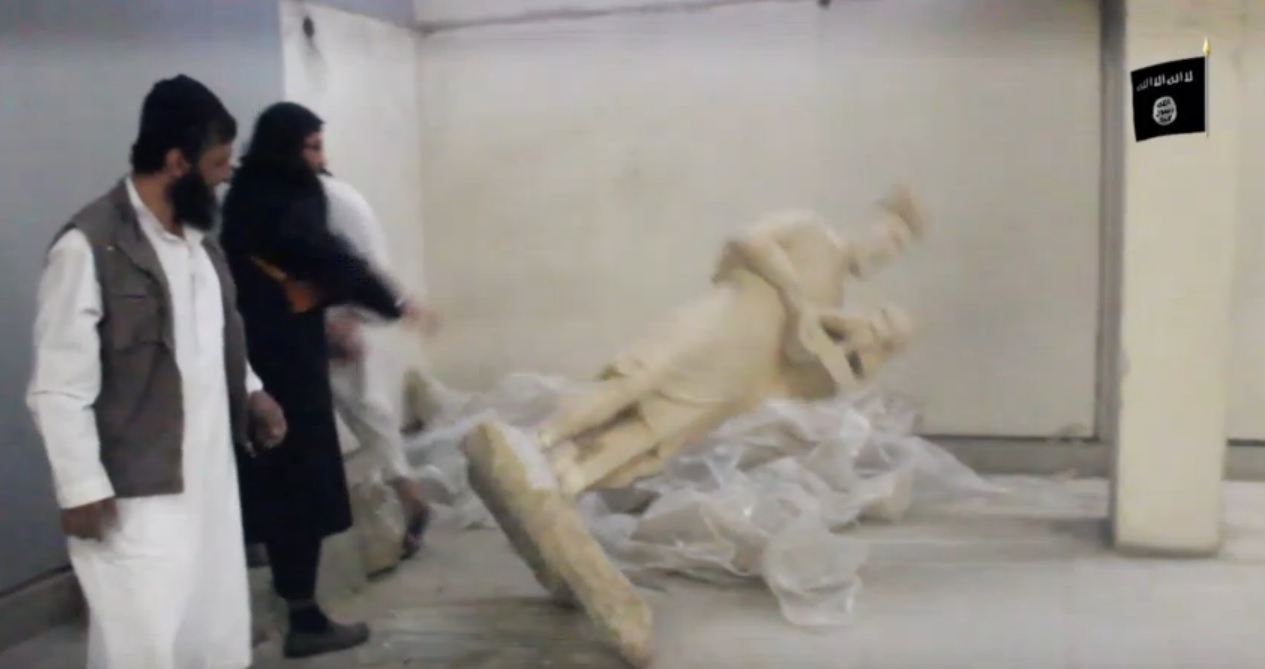By Kathryn Maureen Ryan
Impunity Watch, Managing Editor
MASERU, Lesotho – Polls opened in Lesotho’s elections on Saturday. The vote was called two years ahead of schedule under a political deal aimed at calming tensions between the country’s warring political factions. The deal was brokered by South Africa, which surrounds the small, mountainous landlocked country. Feuding parties in Lesotho’s ruling coalition faced off in Saturday’s elections in an attempt to restore stability six months after an attempted coup. Lesotho’s Prime Minister, Thomas Thabane, briefly fled the country to South Africa last August after soldiers occupied the police headquarters and surrounded his palace. Thabane accused his deputy Mothetjoa Metsing of working with the military in the attempted coup, an accusation which both Metsing and the military dismiss. The country of two million people has seen several coup attempts since the small landlocked country gained independence from the United Kingdom in 1966. Fears are growing that post-election unrest could further erode the country’s $2.3 billion economy, which was expected to expand by nearly 5 percent this year.
Despite high political tensions the Campaigning ahead of the elections has been largely peaceful but analysts say tensions were high before the parliamentary vote between Thabane’s All Basotho Convention (ABC) against Metsing’s Lesotho Congress for Democracy (LCD), as well as other smaller political parties. “The idea of these elections is to try solve a crisis but I think they might perpetuate one,” said Gary Staden, a political analyst. “My concern is any mess up like failure to deliver ballot papers is going to be interpreted as someone trying to rig the election and that could set off an unrest,” he added.
Cyril Ramaphosa, South Africa’s Deputy President helped broker the political deal to bring elections forward by two years in an effort to restore stability in the country. There are now 23 politicians vying for the premiership and political analysis believe another collation formed by disparate political parties is likely. Deputy President Ramaphosa arrived in Maseru early this morning to help oversee the elections. A government spokesmen said “he is expected to witness democracy in action in Lesotho,” spokesman Ronnie Mamoepa said. “During his visit today, deputy president Ramaphosa will be visiting four voting stations around Maseru.”
Many of the people of Lesotho hope the elections will bring peace and help ease political tensions in the small landlocked country. “I am expecting peace after this election. We are used to hunger and poverty,” a 77-year-old pensioner Mmamakgobe Makgobe said. However, there was little sign of optimism on the streets of the capital. “Why bother voting? I am not going to waste my time to vote because this election is all about Thabane and Metsing. It has nothing to do with what we want as voters,” said Dineo Motlou, a 22-year sales assistant at supermarket chain. Due to the remoteness of some of the country’s voting stations and communities a complete election result may not be realized for several days. Commentators have been reluctant to project a winner in the absence of reliable opinion polls, instead choosing to wait for final results.
For more information please see:
BBC News – Lesotho Elections Under Way Aimed At Resolving Tensions – 28 February 2015
The Citizen – Ramaphosa in Lesotho for Elections – 28 February 2015
U.S. News and World Reports – Mountain Kingdom Of Lesotho Holds Early Election after Collapse of Coalition Government – 28 February 2015
Reuters – Lesotho Prepares For Early Vote in Bid to Ease Political Crisis – 26 February 2015

